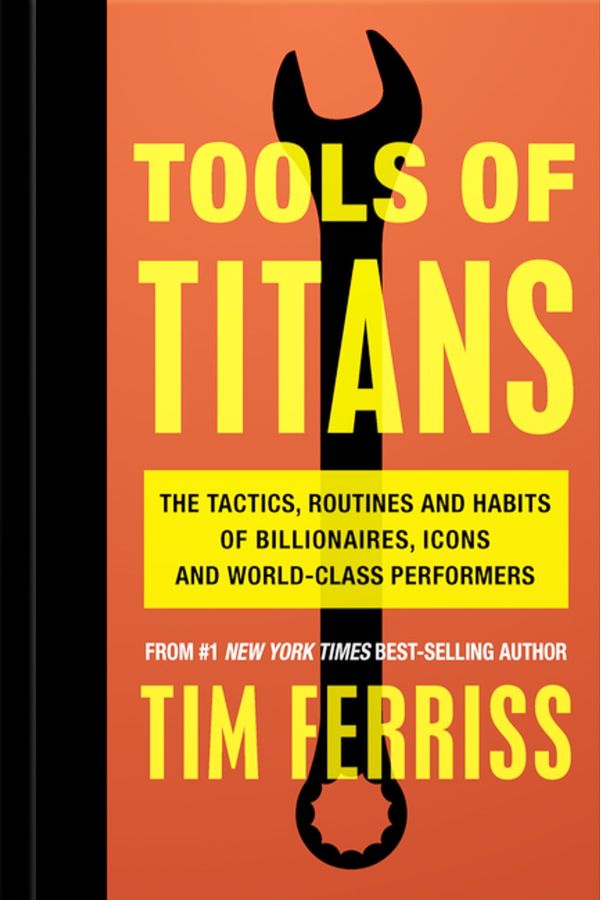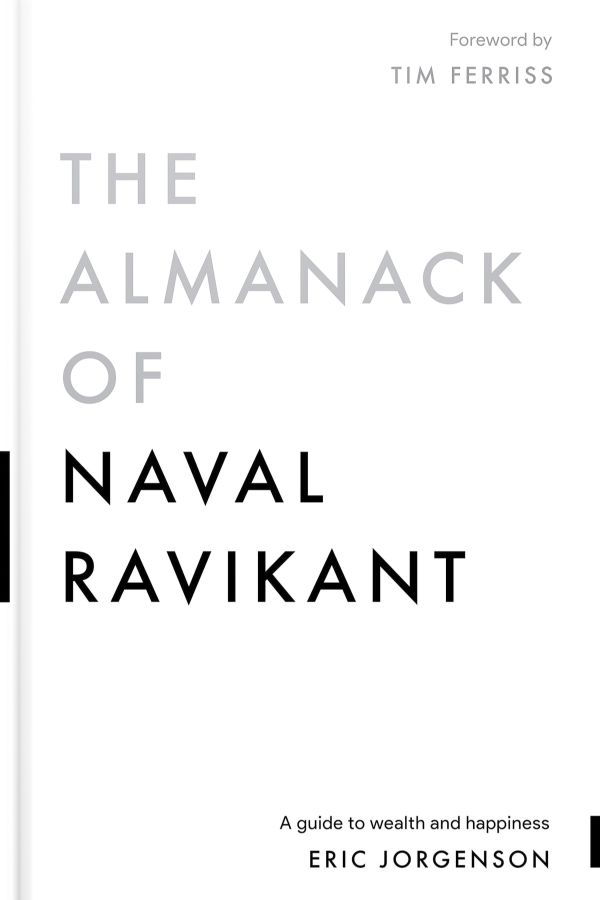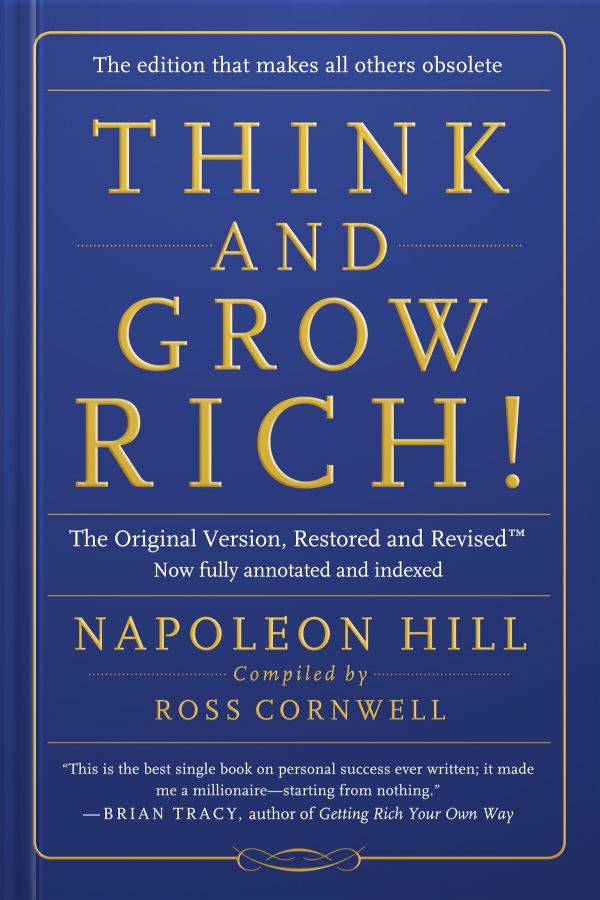
Personal Development
Influence by Robert Cialdini
1. The Magic of Automatic Triggers
Our brains are designed to react predictably to specific prompts.
The book explores how a simple word like "because" has the potential to transform an ordinary request into a persuasive appeal.
“Just a mere introduction of ‘because’ follows a noticeable change in compliance,” the author states.
For instance, requests like "Please lend me your book because I need it for my research" are more likely to be complied with than without reason. This simple tweak makes your appeal more compelling, driving people to respond favorably.
2. The Rule of Reciprocity
The principle of reciprocity taps into our innate sense of obligation to return favors.
According to the author:
“Giving something creates an indebtedness on the part of the receiver.”
Think of free samples at a store, small gifts at events, or even unsolicited presents. Each of these, when given, compels the receiver to reciprocate the gesture in some form.
Moreover, the author points out that a concession on one side often prompts the other party to make their own concession, further enhancing this reciprocal effect.
3. The Power of Commitment and Consistency
We, humans, like to be consistent with our past actions.
“Once we have made a choice, we will encounter personal and interpersonal pressures to behave consistently with that commitment,” says the author.
This is why agreeing to a small action could set you up to perform larger, related tasks in the future.
For instance, if you agree to sign a petition for a cause, you might later be more willing to donate for the same reason, reflecting your commitment and consistency.
4. The Influence of Social Proof
The book asserts:
“We view a behavior as correct in a given situation to the degree that we see others performing it.”
The actions of those around us inherently influence us, often emulating popular choices.
Consider product reviews on an e-commerce platform like Amazon. You're likelier to buy a product with 5,000 positive reviews than one with only 5.
Other examples of social proof include laugh tracks in sitcoms, bartenders "salting" their tip jars, or testimonials on a business website.
5. The Lure of Liking
We are naturally inclined to agree with or buy from people we like.
The author writes
“We most prefer to say yes to the requests of someone we know and like.”
This is why customer referrals work so effectively. Factors enhancing this "liking" include similarity, familiarity, and the so-called 'Halo Effect,' where our overall impression of a person influences our feelings about their character.
- The Authority Principle
Our tendency to obey people in positions of authority can also be leveraged for persuasion.
The author cautions
“Titles, clothes, and trappings of authority can often add a level of persuasiveness even when undeserved.”
Awareness of this can help you both as a persuader and a consumer, allowing you to discern between genuine authority and its illusion.
7. The Scarcity Appeal
According to the author
“Opportunities seem more valuable to us when their availability is limited.”
Scarcity, whether real or perceived, enhances the appeal of an item or service.
This principle manifests in marketing tactics like limited-time offers, auction models, or products available in limited quantities.
In conclusion, this book unravels the intricate psychology of persuasion. It lays bare our automatic responses, paving the way for more conscious decision-making and enabling a masterful application of these principles.






























